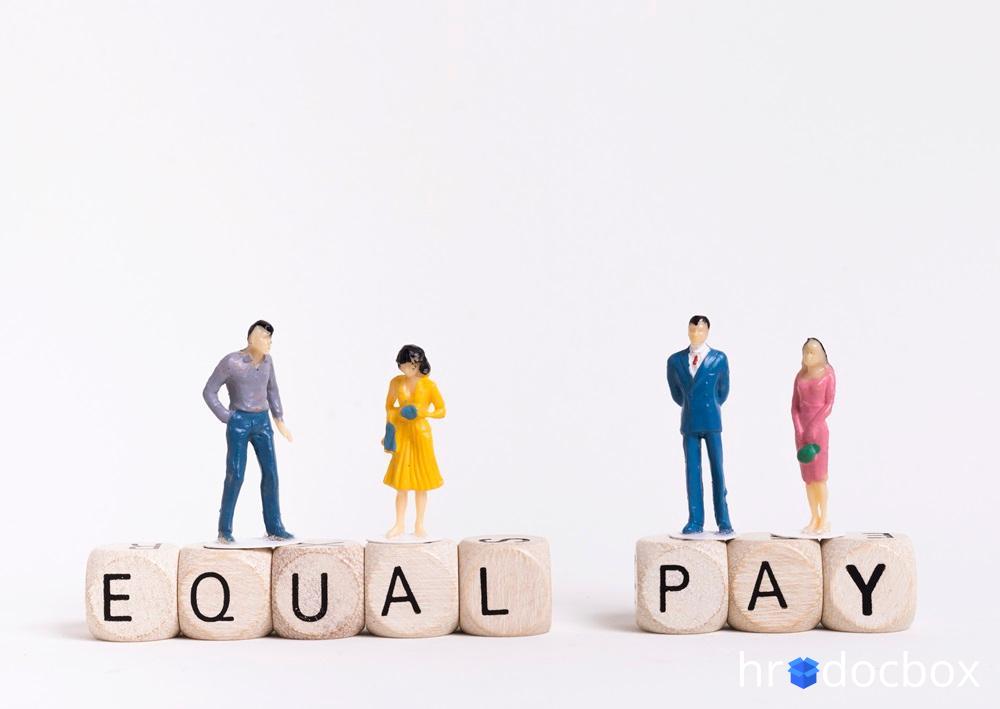Next Shop Workers Secure Landmark Equal Pay Victory
Strategic Implications for HR and Business Leaders
Darryl Horn, Thursday, 29 August 2024 • 5 min read
In a groundbreaking decision, shop workers at Next have won a major equal pay claim, a triumph that highlights ongoing gender pay disparities in the retail sector. This ruling, which acknowledges that shop floor staff—predominantly women—should receive the same pay as their male counterparts in distribution centres, sets a precedent that could reshape pay structures across the industry.
The Victory and Its Impact
The case was built on the argument that while shop floor workers at Next perform work of equal value to those in the company’s warehouses, they have historically been paid less. After years of legal battles, the court’s decision in favour of the shop workers has been met with widespread celebration. One claimant remarked, “We did it! This victory is not just for us but for every worker who has ever felt undervalued.”
The ruling could have far-reaching consequences for other retailers and businesses, potentially triggering a wave of similar claims. As David McBride, an employment lawyer involved in the case, noted, “This is a watershed moment in the fight for equal pay in the retail sector. Employers across the industry will need to reassess their pay structures to ensure compliance with equality laws.”
Implications for HR and Business Leaders
For HR and business leaders, this ruling signals the need for a proactive approach in addressing pay disparities and ensuring equity in the workplace. Ignoring these issues could lead to legal challenges, reputational damage, and financial liabilities.
-
Conducting Pay Audits: To prevent potential claims, HR departments should conduct comprehensive pay audits to identify and address any disparities between different job roles. This involves analysing pay data across all levels and functions to ensure that employees performing similar work receive equal pay. Regular audits not only help in compliance but also foster a culture of fairness.
-
Revisiting Job Evaluations: It’s essential to reassess job evaluation processes to ensure they accurately reflect the value of different roles within the organisation. Leaders should consider factors such as skills, responsibilities, and working conditions in determining pay, rather than relying on outdated or biased criteria. This can help in establishing a more equitable pay structure.
-
Transparency and Communication: Transparency in pay policies is key to building trust and preventing disputes. Employers should clearly communicate how pay decisions are made and ensure that employees understand the criteria used to determine their salaries. This can involve publishing pay scales, offering pay progression pathways, and providing regular updates on pay policies.
-
Training and Development: Investing in training and development can help bridge the pay gap by providing all employees with opportunities to advance within the company. Offering mentorship programs, skills development, and clear career progression routes can empower underrepresented groups and help address systemic inequalities.
-
Legal Preparedness and Policy Review: With the potential for similar claims to arise, businesses should review their employment contracts and policies to ensure they are compliant with current laws and regulations. Working closely with legal experts can help in navigating the complexities of equal pay legislation and preparing for any potential legal challenges.
A Call for Industry-Wide Change
The victory for Next’s shop workers is a reminder that equal pay is not just a legal obligation but a moral one. As Helen Dickinson, Chief Executive of the British Retail Consortium, stated, “This case underscores the importance of equality in the workplace. Retailers must take this as an opportunity to review their practices and ensure they are fostering an inclusive and fair working environment.”
For the retail industry, this ruling is likely the beginning of broader changes in how pay is structured and how gender equality is approached. By taking proactive steps, HR and business leaders can not only mitigate risks but also contribute to a more equitable and just workplace.
Navigating the Future
As the implications of this ruling ripple across the sector, the onus is on leaders to act decisively. By addressing pay disparities now, businesses can protect themselves from legal repercussions, improve employee morale, and strengthen their reputation as fair and responsible employers. The message is clear: equality in the workplace is not just a goal but a necessity, and the time for action is now.
About the author

Darryl is a Chartered CIPD Member, business leader and operational manager with 30 years experience in on-the-ground and strategic HR, specialising in Human Resources Management, Employment Law, Employee Relations and Learning & Development.
darryl@hrdocbox.co.uk
